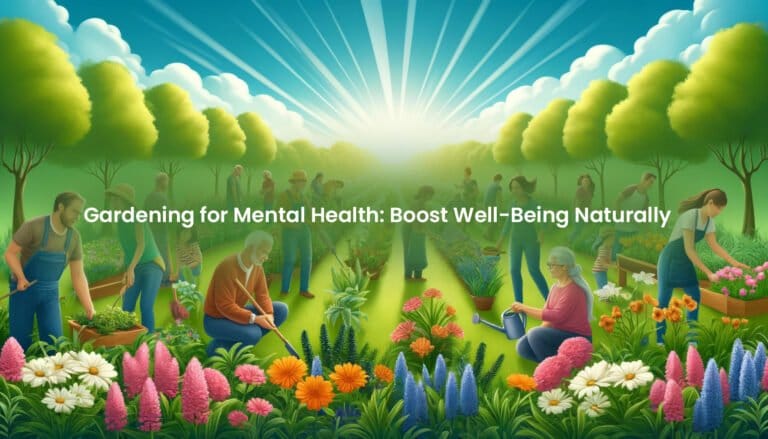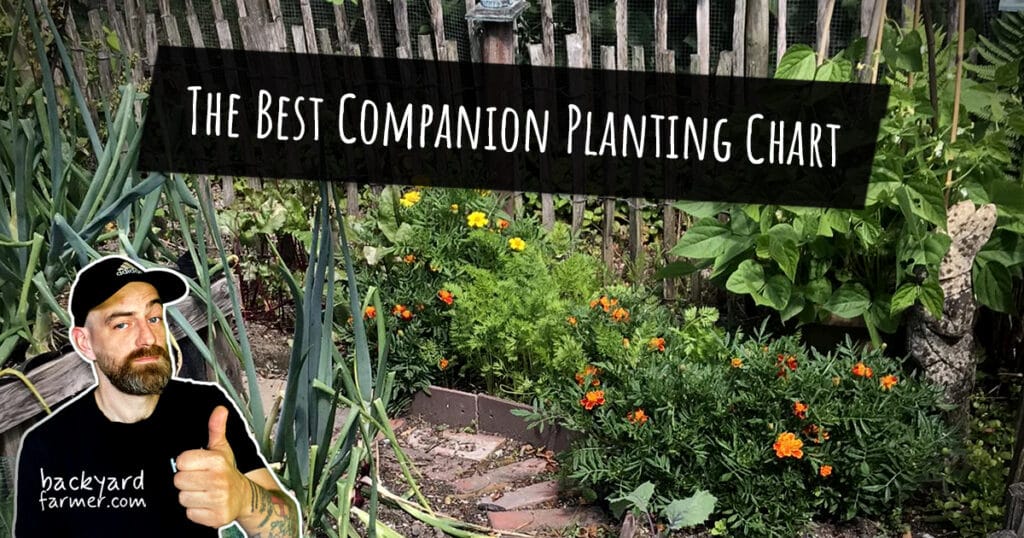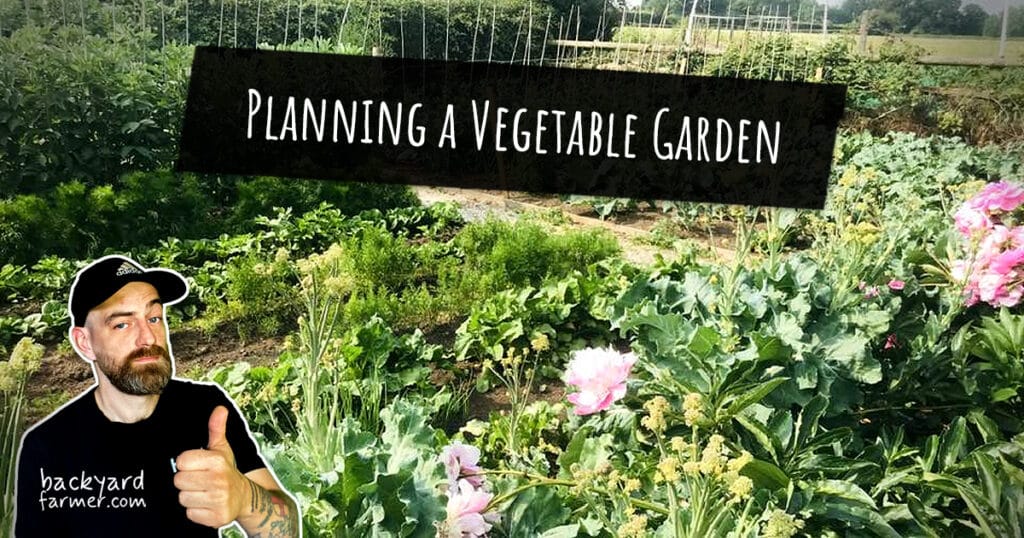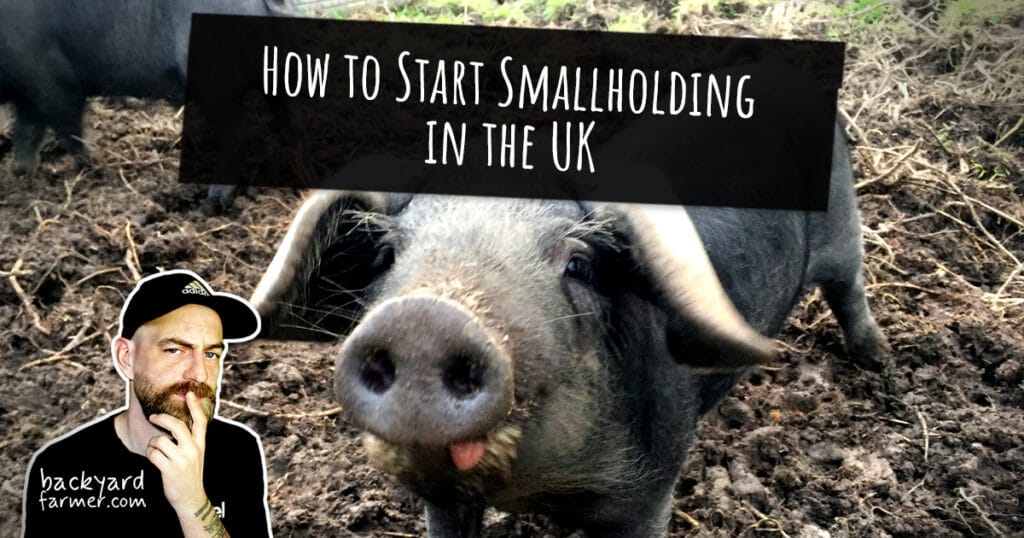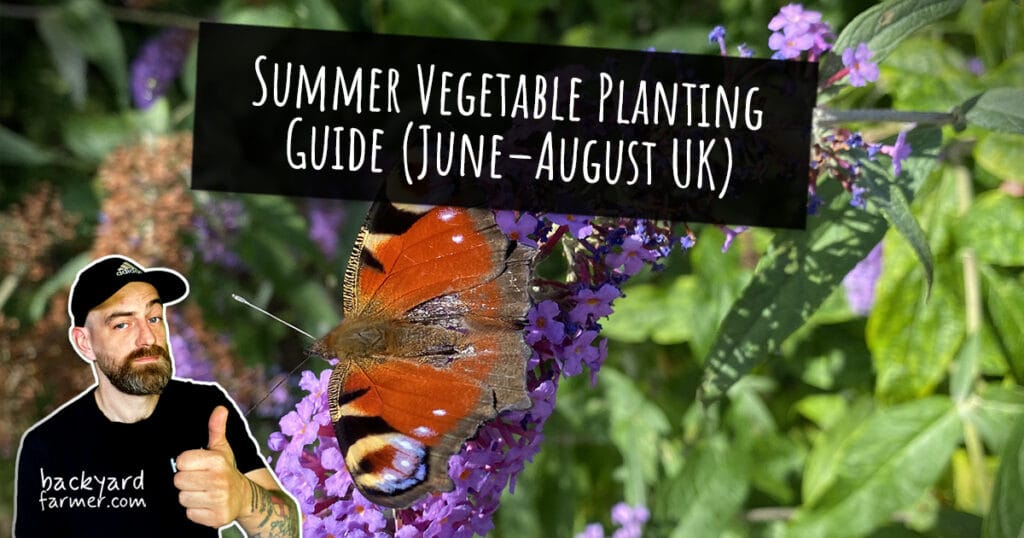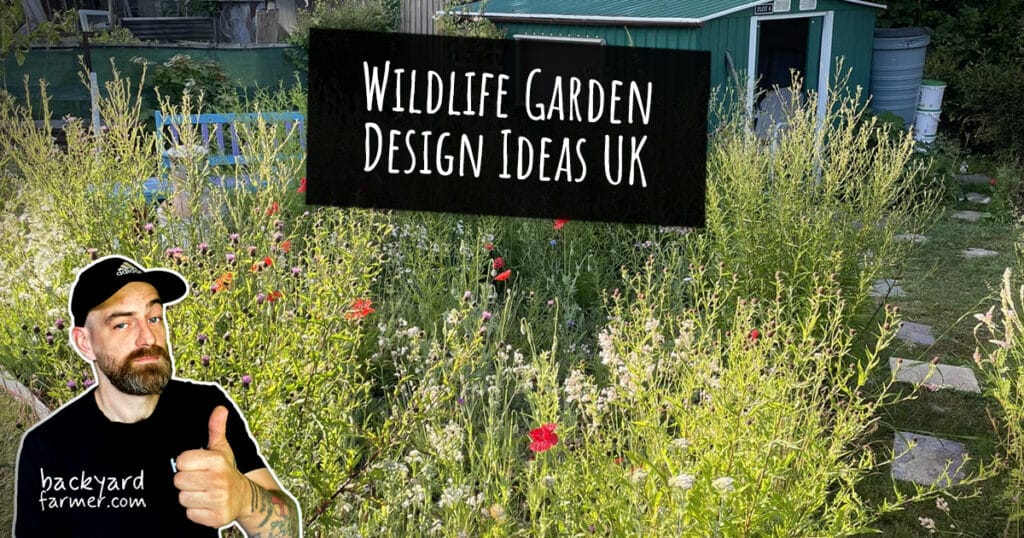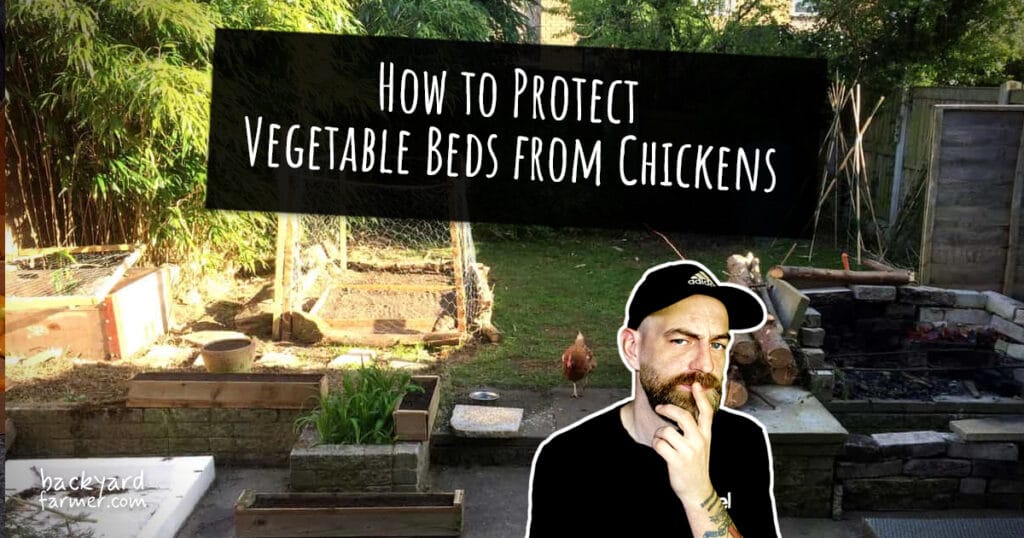Introduction
Imagine finding a sanctuary right in your urban jungle—a place where stress melts away, and happiness blooms alongside your flowers. Gardening isn’t just about cultivating plants; it’s about nurturing your mental health! With the growing concern of eco-anxiety, a chronic fear of environmental collapse, gardening offers a therapeutic escape.
Studies have shown that spending time in nature and engaging in gardening activities can significantly reduce stress and improve mood. In this guide, we’ll delve into the myriad ways gardening can boost your mental well-being, offering practical tips and inspiring stories to get you started on your own journey.
“Gardening has become my sanctuary. It’s where I go to find peace and reconnect with nature.” – Sarah, Urban Gardener
The Science Behind Gardening for Mental Health
Scientific research has consistently demonstrated the mental health benefits of gardening. By understanding how gardening affects our minds and bodies, we can better appreciate the profound impact it can have on our well-being.
Benefits of Exposure to Nature
- Enhances psychological well-being and reduces symptoms of depression.
Benefits of Physical Activity
- Reduces stress and anxiety by releasing endorphins.
Connection with Nature and Mental Health
- Alleviates symptoms of eco-anxiety by fostering environmental stewardship.
Mental Health Benefits of Gardening
Gardening offers numerous mental health benefits. It’s not just about physical health; the emotional and psychological advantages are significant too. Let’s explore how tending to a garden can improve your mental well-being.
Reducing Stress and Anxiety through Gardening
- Repetitive tasks promote relaxation and mindfulness.
Alleviating Eco-Anxiety with Gardening
- Fosters a positive connection with the environment.
Enhancing Emotional Well-Being with Gardening
- Lowers cortisol levels and increases feelings of happiness.
Social Benefits of Community Gardening
- Community gardens strengthen social connections and support networks.
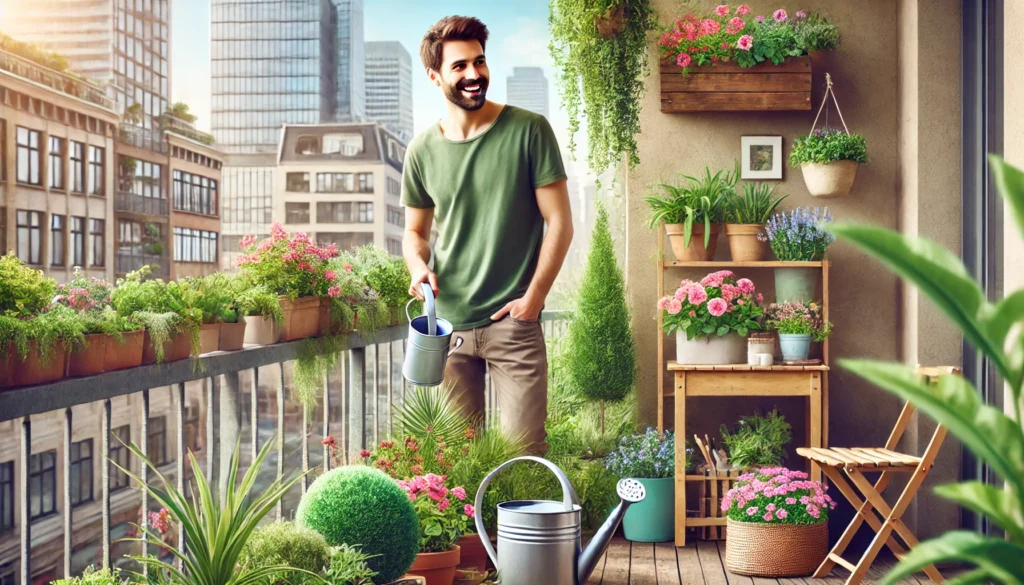
Choosing the Right Plants for Urban Gardening
Selecting the right plants is crucial for maximising the mental health benefits of your garden. The right choices can make gardening more enjoyable and less stressful. Here are some tips to help you choose wisely.
Easy-to-Care-For Plants for Mental Health
- Select plants suited to your local climate.
Native Plants for Urban Gardens
- Require less maintenance and are more resilient.
Sensory Plants for a Therapeutic Garden
- Include fragrant herbs, brightly coloured flowers, and interesting textures.
Setting Up a Gardening Routine for Mental Health
Establishing a regular gardening routine can significantly enhance the benefits you receive from your gardening efforts. Consistency helps integrate gardening into your daily life, making it a reliable source of relaxation and enjoyment.
Steps to Establish a Gardening Routine
- Set a Schedule: Dedicate specific times each day or week for gardening.
- Set Achievable Goals: Break larger projects into smaller tasks.
- Celebrate Progress: Enjoy the process and benefits of gardening.
Tips for Maintaining a Stress-Free Gardening Environment
Creating a stress-free gardening environment is essential for maximising the therapeutic benefits of this activity. A well-organised and comfortable space can make gardening tasks more efficient and enjoyable.
Organise Your Gardening Tools
- Keep gardening tools and supplies easily accessible.
Ergonomic Gardening Practices
- Use comfortable, stress-reducing tools and raised beds.
Adding Relaxing Elements to Your Garden
- Incorporate seating areas, water features, and wind chimes.
Enhancing the Gardening Experience with Sensory Elements
Enhancing your garden with sensory elements can significantly boost its therapeutic effects. Sensory gardens engage all five senses, providing a rich, immersive experience that promotes relaxation and mindfulness.
Sensory Elements for a Therapeutic Garden
- Touch: Plants with various textures (e.g., lamb’s ear, sedum, sage).
- Smell: Fragrant plants (e.g., lavender, jasmine, mint).
- Sight: Colourful flowers (e.g., marigolds, petunias, geraniums).
- Sound: Water fountains, rustling bamboo.
- Taste: Edible plants (e.g., strawberries, cherry tomatoes, herbs).
Eco-Friendly Gardening Practices to Combat Eco-Anxiety
Eco-friendly gardening practices can play a vital role in reducing eco-anxiety. By adopting sustainable methods, you can foster a sense of hope and positive action towards the environment.
Sustainable Gardening Practices
- Sustainable Green Spaces: Use organic methods and compost.
- Water Conservation: Install water butts and use drought-tolerant plants.
- Native Plants: Support local wildlife and promote biodiversity.
Gardening to Foster Hope and Connection
Gardening can significantly alleviate eco-anxiety by fostering a sense of hope and connection with the environment. By taking positive action through gardening, individuals can feel empowered and optimistic about the future.
How Gardening Encourages Environmental Connection
- Empowering Positive Action: Encourages environmental conservation.
- Instilling Hope: Witnessing plant growth promotes optimism.
- Fostering Connection: Deepens appreciation for the environment.
Mindful Gardening to Alleviate Eco-Anxiety
Practising mindfulness in your garden can be a powerful way to alleviate eco-anxiety and improve overall mental health. Being fully present in nature helps shift attention away from worries and onto the beauty around you.
Mindfulness Practices in Gardening
- Observe Details: Focus on plant intricacies.
- Listen to Sounds: Pay attention to birds and insects.
- Feel Textures: Engage with leaves and soil.
Joining Community Gardens for Mental Health and Environmental Action
Joining a community garden is an excellent way to combat eco-anxiety through collective environmental action. Community gardens provide a space where individuals can come together to grow plants, share resources, and support one another.
Benefits of Community Gardening
- Social Connection: Foster a sense of belonging.
- Environmental Stewardship: Engage in collective sustainable gardening.
- Educational Opportunities: Attend workshops on sustainable practices.
Creating Eco-Friendly Green Spaces at Home
Designing eco-friendly green spaces at home is a practical and empowering way to address eco-anxiety. Creating a garden that prioritises sustainability can enhance both your mental well-being and the environment.
Steps to Design an Eco-Friendly Garden
- Sustainable Design: Plant native species, use organic methods.
- Support Wildlife: Add bird feeders, bee hotels, butterfly gardens.
- Personal Sanctuary: Create a relaxing, nature-connected space.
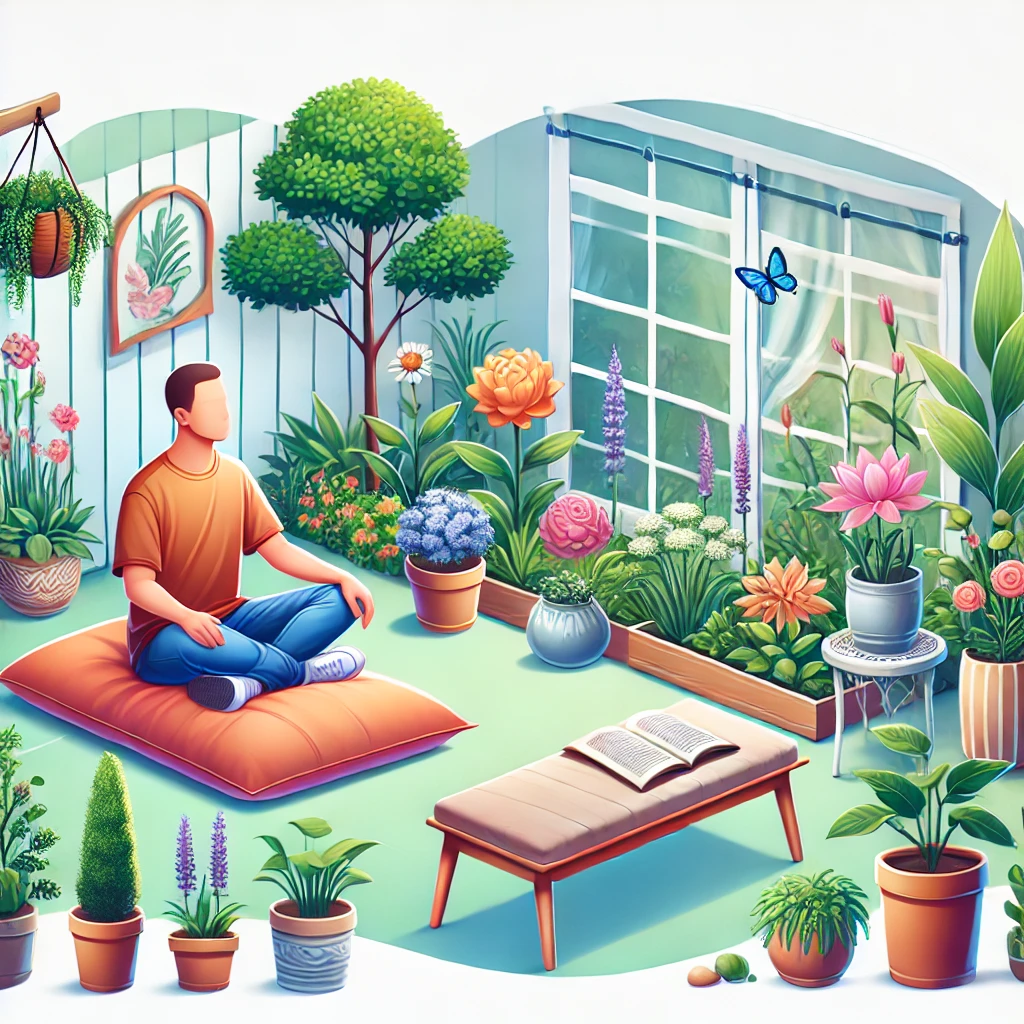
Educational Resources for Sustainable Gardening Practices
Accessing educational resources on sustainable gardening practices can empower you to create an environmentally friendly garden and reduce eco-anxiety. Knowledge is power, and there are numerous resources available to help you learn.
Books on Sustainable Gardening
- “Gaia’s Garden: A Guide to Home-Scale Permaculture” by Toby Hemenway
- “The Vegetable Gardener’s Guide to Permaculture: Creating an Edible Ecosystem” by Christopher Shein
- “Teaming with Microbes: The Organic Gardener’s Guide to the Soil Food Web” by Jeff Lowenfels and Wayne Lewis
Websites for Gardening Tips
- Permaculture Association
- Garden Organic
- The Royal Horticultural Society (RHS) – Gardening for a Greener Planet
- BBC Gardeners’ World
- British Ecological Society
Local Workshops on Gardening
- RHS Garden Wisley: Offers a range of gardening courses and workshops.
- Royal Botanic Gardens, Kew: Offers workshops and courses on various gardening topics.
- Local Allotment Societies: Many local allotment societies offer workshops and community gardening events.
Real-Life Testimonials of Individuals Who Found Solace in Gardening
Coping with Anxiety and Depression through Gardening: Sarah’s Story
Sarah, an urban professional in her 30s, struggled with anxiety and depression for years. Her fast-paced job in the city left her feeling drained and disconnected from the world around her. Seeking a way to manage her mental health, Sarah decided to try gardening. She started small, with a few pots of herbs on her balcony. As she nurtured her plants, Sarah noticed a significant change in her mood.
The act of tending to her garden provided a sense of purpose and routine, which helped alleviate her anxiety. Over time, her balcony transformed into a lush green haven. “Gardening has become my sanctuary,” Sarah says. “It’s where I go to find peace and reconnect with nature.”
Channeling Eco-Anxiety through Gardening: Alex’s Story
Alex, a 28-year-old environmental advocate, was deeply affected by eco-anxiety—the chronic fear of environmental collapse. Feeling overwhelmed by the negative news about climate change, Alex found solace in starting a community garden in his neighbourhood. He rallied his neighbours, and together, they transformed a neglected urban lot into a thriving green space.
Through this collective effort, Alex channeled his eco-anxiety into positive action. “Gardening turned my life around,” Alex shares. “It gave me a sense of purpose and helped me connect with my community. Seeing our garden flourish gives me hope for the future.”
Overcoming Depression with Gardening: Emily’s Story
Emily, a college student, battled severe depression during her first year away from home. Feeling isolated and overwhelmed, she struggled to find joy in her daily life. On a whim, Emily joined her university’s gardening club. She started spending her weekends at the campus garden, planting flowers and vegetables. The physical activity, fresh air, and sense of community provided a much-needed escape from her depressive thoughts.
“Gardening gave me a new perspective,” Emily says. “It taught me patience and the importance of nurturing growth, both in plants and in myself. It became my therapy and helped me find a new sense of balance and happiness.”
Improve your mental health with and indoor garden, we cover the Top 10 Easy Indoor Vegetables to Grow here
Step-by-Step Guide to Planning and Designing a Garden
Designing a therapeutic garden involves several key steps to ensure it meets your mental health needs. Follow these steps to create a space that supports your well-being.
1: Choose the Location
- Sunlight: Ensure the area receives adequate sunlight, ideally 6-8 hours a day.
- Soil Quality: Test the soil to ensure it has the right nutrients for plant growth.
- Accessibility: Make sure the garden is easily accessible for regular maintenance and enjoyment.
2: Plan Your Garden Layout
- Pathways: Include clear, accessible pathways to navigate through the garden.
- Seating Areas: Add comfortable seating for relaxation and mindfulness.
- Plant Beds: Designate specific areas for different types of plants.
3: Select the Best Plants
- Sensory Plants: Incorporate plants that engage the senses (touch, smell, sight, sound, and taste).
- Diverse Plants: Include a mix of perennials, annuals, shrubs, and trees.
- Low-Maintenance Options: Start with easy-to-care-for plants if you’re a beginner.
4: Add Therapeutic Elements
- Water Features: Add a small pond, fountain, or birdbath for a soothing effect.
- Wildlife-Friendly Additions: Install bird feeders, bee hotels, and butterfly gardens to attract wildlife.
- Decorative Features: Include items like garden art, wind chimes, and stepping stones.
Step 5: Incorporate Sustainable Practices
- Composting: Create a compost bin for organic waste to enrich your soil.
- Rainwater Harvesting: Install a water butt to collect and reuse rainwater.
- Native Plants: Choose native species that require less water and support local wildlife.
Essential Tools and Resources for Beginner Gardeners
Equipping yourself with the right tools and resources is crucial for a successful and enjoyable gardening experience. Here are some essentials to get you started.
Basic Gardening Tools
- Trowel: For digging small holes and transplanting seedlings.
- Pruners: For trimming and shaping plants.
- Gloves: To protect your hands from dirt and thorns.
- Watering Can: For precise watering of plants.
Specialised Gardening Tools
- Garden Fork: For turning soil and compost.
- Hoe: For weeding and cultivating soil.
- Wheelbarrow: For transporting soil, plants, and tools.
Gardening Resources and Communities
- Gardening Books: Comprehensive guides on various gardening topics.
- Online Tutorials: Video tutorials and blogs for visual learners.
- Local Gardening Clubs: Join groups for support, advice, and community.
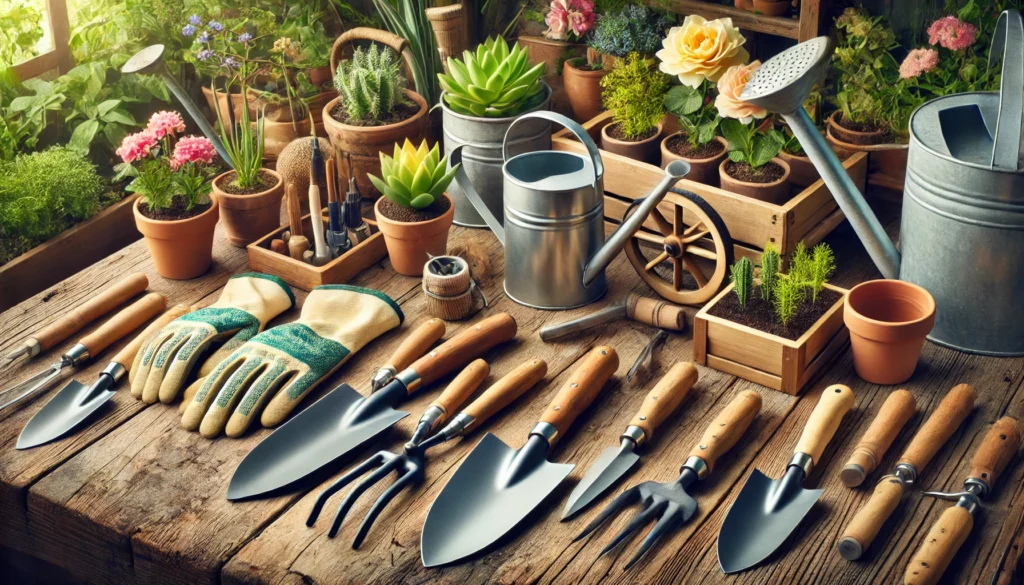
Tips for Maintaining Motivation and Overcoming Common Gardening Challenges
Staying motivated and overcoming challenges is essential for long-term gardening success. Here are some tips to help you stay on track.
Staying Motivated in Your Gardening Journey
- Set Realistic Goals: Break tasks into manageable steps to avoid feeling overwhelmed.
- Celebrate Achievements: Boost motivation by celebrating small wins and progress.
- Stay Flexible: Adapt to unexpected challenges like pests, weather changes, and plant diseases.
- Seek Advice: Use gardening forums, extension services, and community groups for troubleshooting.
Integrating Eco-Friendly Practices into Your Garden
Integrating eco-friendly practices into your garden is a rewarding way to enhance its sustainability and reduce eco-anxiety. These practices benefit both your garden and the environment.
Eco-Friendly Gardening Tips
- Organic Methods: Use compost and natural pest control to support a healthier ecosystem.
- Water Conservation: Install water butts, use drip irrigation, and choose drought-tolerant plants.
- Promote Biodiversity: Plant native species that support local wildlife and require less maintenance.
FAQs
1. How does gardening improve mental health?
Gardening improves mental health by reducing stress and anxiety, promoting mindfulness, and fostering a sense of connection with nature. The physical activity involved in gardening also releases endorphins, which improve mood and overall well-being.
2. What are the best plants for a therapeutic garden?
The best plants for a therapeutic garden are those that engage the senses, such as fragrant herbs (lavender, rosemary), colourful flowers (marigolds, petunias), and plants with interesting textures (lamb’s ear, sedum). Native plants are also a great choice as they require less maintenance.
3. How can I create a garden in a small urban space?
You can create a garden in a small urban space by using containers, vertical gardening techniques, and choosing compact plants. Make use of balconies, windowsills, and small patios. Incorporating multi-functional elements like seating with built-in planters can maximise the use of space.
4. What are some eco-friendly gardening practices?
Eco-friendly gardening practices include using organic methods (composting, natural pest control), conserving water (installing water butts, using drip irrigation), and planting native species that support local wildlife and require less maintenance.
5. How can I stay motivated to keep gardening?
Staying motivated can be achieved by setting realistic goals, celebrating small achievements, staying flexible to adapt to challenges, and seeking advice from gardening communities and resources. Joining a community garden or gardening club can also provide support and inspiration.
Conclusion
Gardening is more than a hobby—it’s a path to better mental health. By incorporating gardening into your daily routine, you can experience reduced stress, combat eco-anxiety, enhance mood, and foster a deeper sense of well-being. So, why not start your own garden today? Embrace the therapeutic power of nature and watch as both your plants and your mental health flourish!

